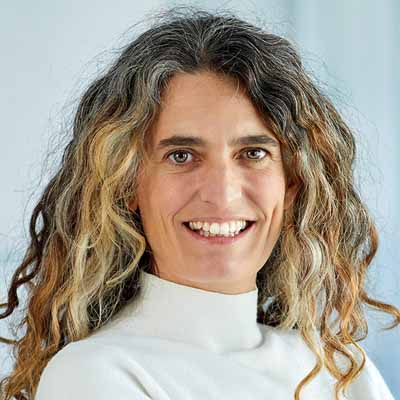RESONATE
Building individual and community RESilience thrOugh NATurE-based therapies

Context
Despite significant improvements in many areas of public health across Europe in recent decades important challenges remain. The prevalence of non-communicable diseases (NCDs) such as ischaemic heart disease, diabetes, and depression, for instance, is rising. The costs of mental ill-health alone are estimated at €600bn annually across 28 EU countries (4% of GDP).
Although urban, rural, and coastal communities face their own specific health challenges, many of the most common NCDs in all localities are linked to stress. Stress can be exacerbated through environmental factors such as air pollution and excess heat, economic factors, such as regional inequalities in income evident for many rural/coastal communities, and social factors such as crowding and noise in urban communities.
Regardless of locality, evidence is also emerging that individuals and populations are losing touch with nature, spending les recreational time in parks and woodlands and on beaches than previous generations. Changing societal habits, including the growing use of technology, are also associated with a reduction in psychological connectedness to the natural world. This is important, because spending time in and around nature can reduce stress.
Natural settings are associated with less air pollution, lower ambient temperatures, and less crowding and noise, and may help reduce income-related inequalities in health and well-being. Reconnecting urban, rural, and coastal individuals and communities physically and psychologically to the natural world thus holds considerable potential to improve health and well-being, and thereby address many of the leading causes of disability and death in Europe.
Objectives
RESONATE will bring together a consortium of world leaders in Nature-based Therapy (NbT) research, practice, policy, and innovation with stakeholders in the health, environmental, economic, and societal sectors to:
- Build a stronger causal evidence base of the links between nature, health, and well-being by demonstrating nature’s biopsychosocial resilience building capacities.
- Demonstrate how multi-sectoral stakeholders can collaborate to implement locally acceptable and inclusive NbTs.
- Increase awareness and acceptance of these benefits among the public, multi-sectoral stakeholders, and policy makers.
- Ensure wider utilisation of costeffective NbTs, to help build more resilient individuals and communities in urban, rural, and coastal settings.
Expected Impact
RESONATE will contribute to more resilient, inclusive, healthy, and green rural, coastal, and urban communities by focusing on the first expected impact in the destination: Rural, coastal and urban areas are developed in a sustainable, balanced and inclusive manner thanks to a better understanding of the environmental, socio-economic, behavioural, cultural and demographic drivers of change as well as deployment of digital, naturebased, social and community-led innovations.
| Partners |
UNIVERSITAT WIEN (Coordinator, Austria), ISS GLOBAL (Spain), UNIVERSITY OF EXETER (UK), AZTI (Spain), ETIFOR (Italy), EUROHEALTHNET ASBL (Belgium), UNIVERSITA DEGLI STUDI DI PADOVA (Italy), NBS INSTITUTE (Sweden), MEDITCINSKY UNIVERSITET-PLOVDIV (Bulgaria), PARACELSUS MEDIZINISCHE PRIVATUNIVERSITAT (Austria), UPPSALA UNIVERSITET (Sweden), KOBENHAVNS UNIVERSITET (Denmark), Natuurvoormensen omgevingspsychologisch onderzoek (Netherlands), UNIVERSITEIT TWENTE (Netherlands) |
| Duration |
2023 – 2027 |
| Funding |
European Union |









